RED Centers & Institutes
Center for American Indian and Rural Health Excellence

The mission of CAIRHE is to reduce significant health disparities in Native and rural communities through community-based participatory research that is considerate of and consistent with their cultural beliefs.
Director: Alexandra Adams
Center for Biofilm Engineering
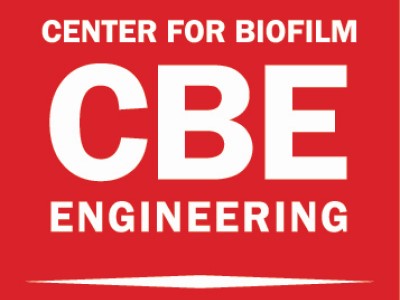
The CBE is the world’s first, largest, and best-known biofilm research center. This interdisciplinary resource has two facilities to support research and education for faculty, staff, students, and visitors: an Analytical Core and a Bioimaging Core.
Director: Matthew Fields
Center for Health & Safety Culture
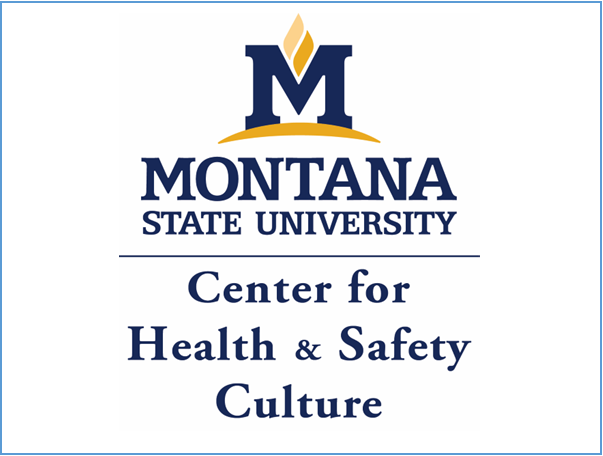
The CHSC is an interdisciplinary center serving communities and organizations through research, training, and support services to cultivate healthy and safe cultures. The Center is dedicated to applying research to develop sustainable solutions to complex social problems.
Director: Kari Finley
Center for Mental Health Research and Recovery
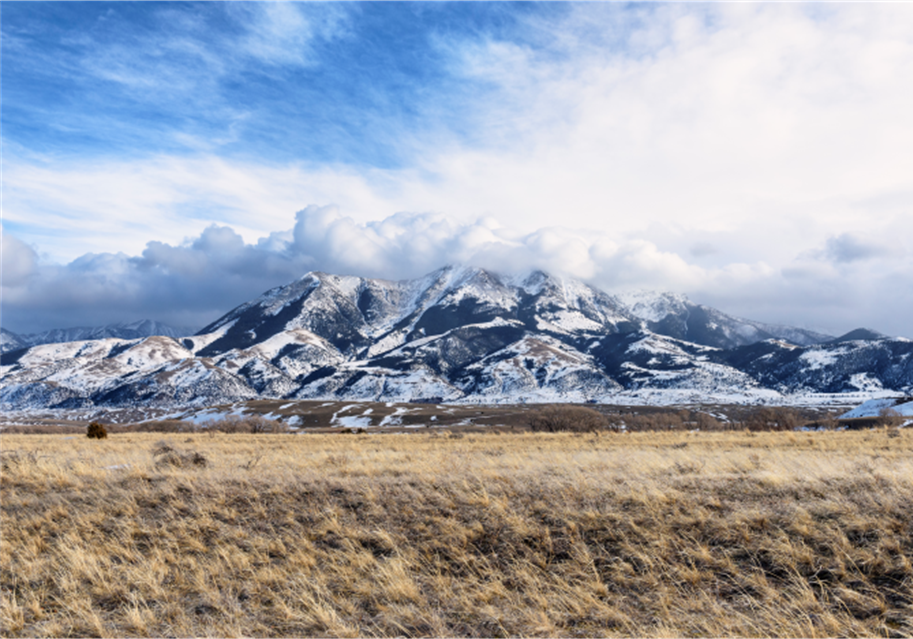
CMHRR is an interdisciplinary MSU research center, established in 2014 as part of the Office
of Research and Economic Development. CMHRR facilitates collaborative and inclusive
research related to mental health and wellbeing, with a particular focus on mental
health needs of Montanans and rural communities, including K-12 public school communities.
Director: Katey Franklin
Center for Research on Rural Education
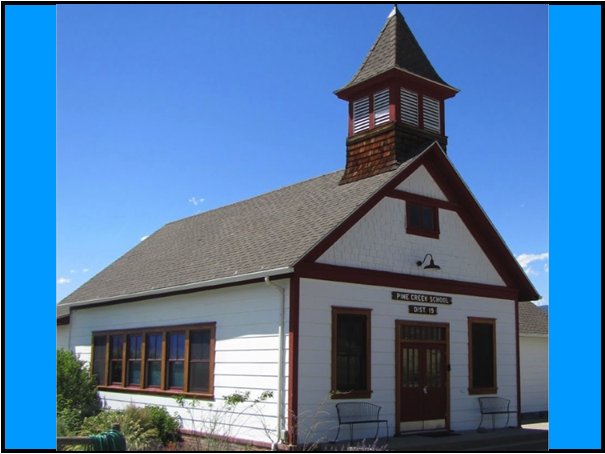
The faculty and students in MSU's Center for Research on Rural Education are on a mission to repond to the pressing concerns of small, rural, and remote schools and communities across Montana, the nation, and the world through carefully designed service and research.
Director: Jayne Downey
Center for Science, Technology, Ethics & Society

The mission of the Center for STES is to produce interdisciplinary knowledge and critical thinking about the social and ethical dimensions of science and technology through research, teaching, and public engagement.
Director: Kristen Intemann
Energy Research Institute
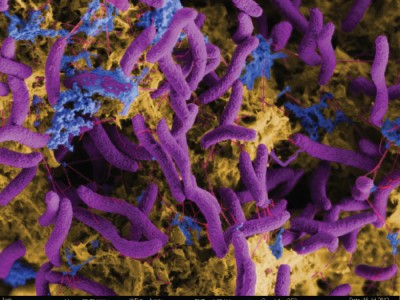
The ERI conducts energy investigations in a wide variety of fields including basic energy science, bioenergy, fuel cells, smart grid and controls, energy efficiency, renewable energy, and carbon sequestration.
Director: Lee Spangler
Institute on Ecosystems
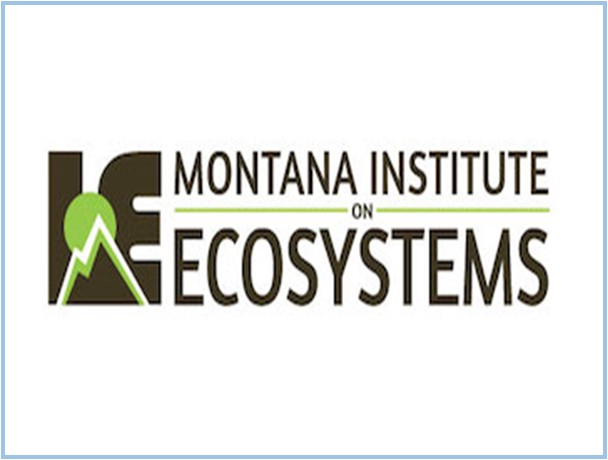
The Montana IOE is a community of scholars and partners with a shared vision to advance integrated environmental sciences and related fields as we work to understand complex ecosystems.
Director: Sarah Church
Institute for National Security Research and Education
Institute for National Security Research and Education
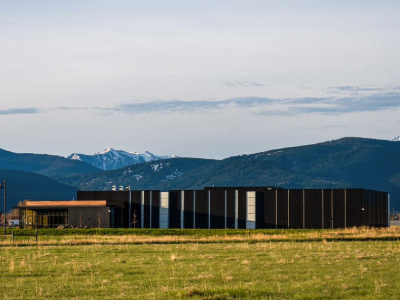
Institute for National Security Research and Education (INSRE) aligns the people and programs at Montana State University that have a shared focus on national security efforts. This collaboration allows for cross-pollination of ideas and resource sharing that leads to better outcomes and positive impacts on the University, the state of Montana, and national security.
Director: Al Deibert
Ivan Doig Center for the Study of the Lands and Peoples of the North American West

The Ivan Doig Center seeks to use creative, interdisciplinary approaches to study the lives of Americans in the West’s diverse landscapes. It integrates research, learning, and engagement by bringing together students, faculty, community members, and outside institutional partners.
Director: Daniel Grant
MilTech

The mission of MilTech is to accelerate the transition of new technology to the U.S. Government. Since 2004 MilTech has performed over 600 technology acceleration and transition projects for DHS and every military service, including joint and special commands.
Director: Nikki Tuss
Montana Agricultural Research Centers
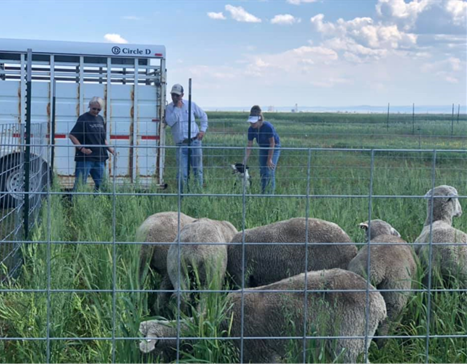
Research at Montana's Department of Ag Research Centers explores unique solutions to distinct and interesting questions, and to connect Montanans
with the global community through science, discoveries and outreach.
Research Center Department Head: Jessica Torrion
Montana Area Health Education Center and Montana Office of Rural Health

MSU houses the Montana Office of Rural Health and Area Health Education Centers (AHEC), which improve healthcare access across Montana by enhancing the supply and distribution of health professionals through community and academic educational partnerships, and by delivering technical assistance and leadership support to rural health organizations.
Director: Kailyn Mock
Montana Engineering Education Research Center

The mission of MEERC is to transform engineering education through interdisciplinary, empirical research. MEERC research projects span all levels of engineering education from K-12 to graduate school. The MEERC is comprised of interdisciplinary faculty with a common interest in improving engineering education.
Director: Brock LaMeres
Optical Technology Center

The goal of the OpTec Center is to maintain a nationally competitive optics and photonics program that promotes student opportunities, economic development, and collaboration with industry.
Director: Joe Shaw
Science Math Resource Center
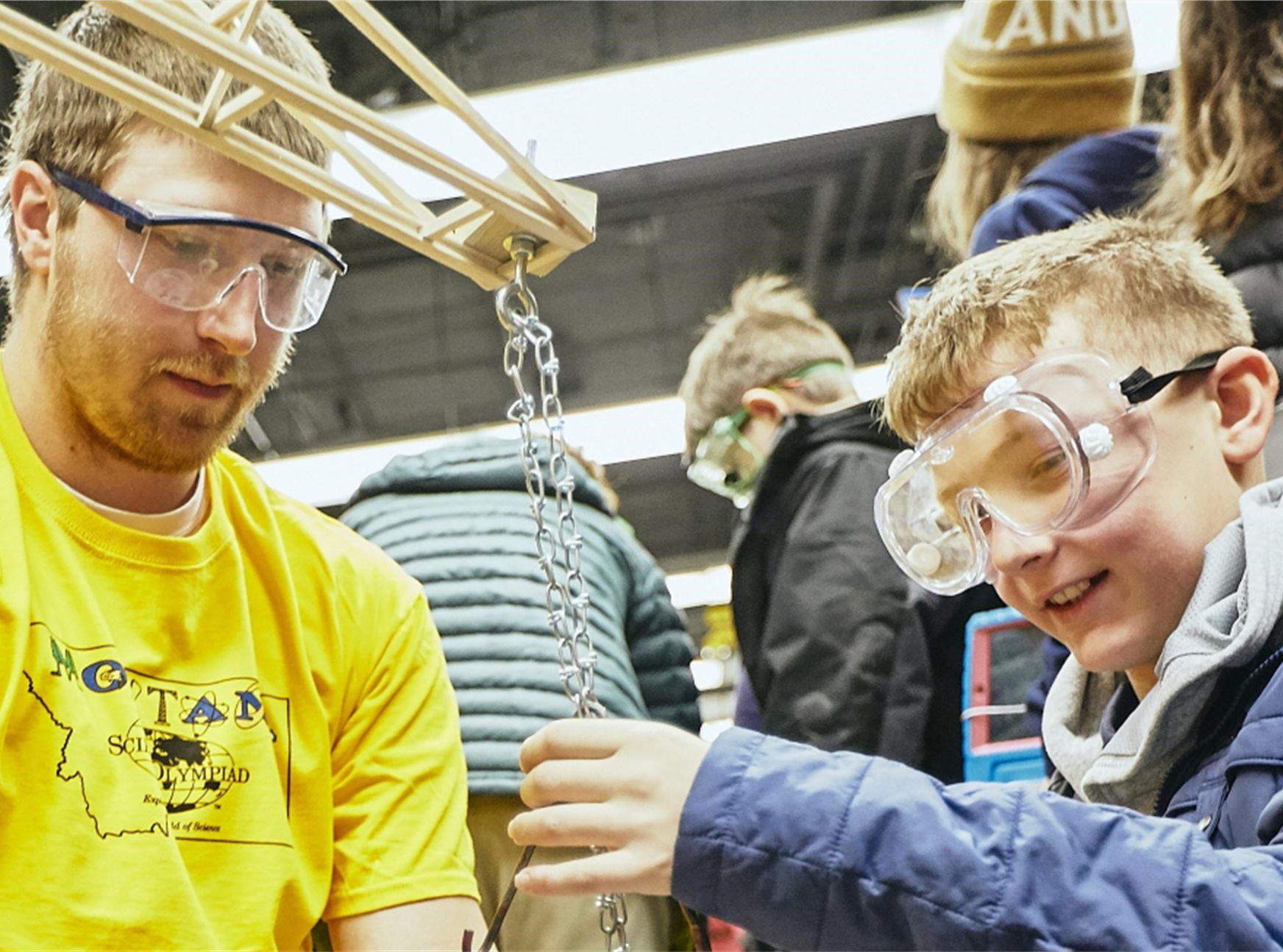
The Science Math Resource Center is devoted to the advancement of science and mathematics teaching and learning. We
provide professional development, conduct educational research and host youth STEM
events such as the statewide Science Olympiad.
Director: Suzi Taylor
Spectrum Lab
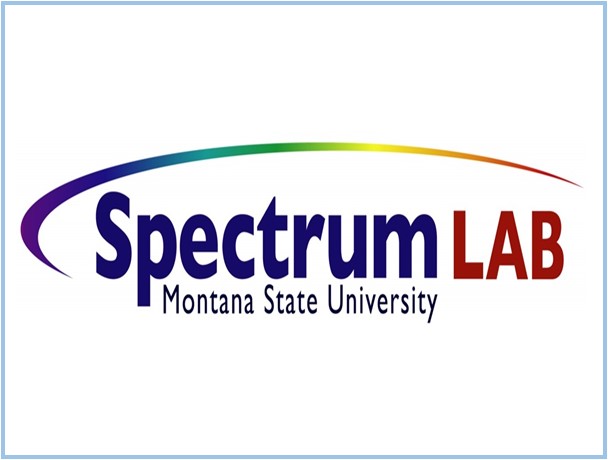
The Spectrum Lab was established to advance the emerging opto-electronic and photonics technologies and foster their transition to Montana companies; and in the process, provide enhanced educational opportunities for our undergraduate and graduate students. The current areas of research and development include microwave photonics, coherent lidar imaging and quantum technologies.
Director: Krishna Rupavatharam
TechLink

TechLink helps innovation-minded businesses and entrepreneurs identify, evaluate, and license technology developed within Department of Defense and Veterans Administration research laboratories nationwide.
Director: Brett Cusker
Thermal Biology Institute

The TBI is a multidisciplinary team of scientists forging a new path in scientific discovery focused on the unique thermal environments within Yellowstone National Park.
Director: Roland Hatzenpichler
Water Center
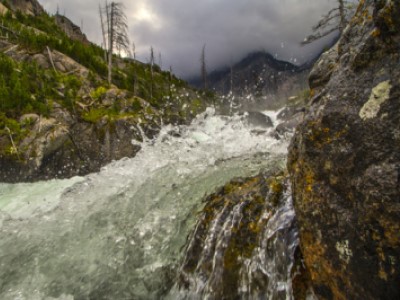
The Montana Water Center aims to address Montana’s water challenges by fostering statewide water-related research and stewardship, connecting water investigators and students seeking employment with USGS, state agencies, and watershed groups. We offer faculty and graduate student grants with USGS base funding, and support water-related proposals.
Director: Stephanie Ewing
Western Transportation Institute

WTI is the country’s largest university-based research center focused on rural transportation issues, including eight transportation research programs.
Interim Director: Lee Spangler
Statewide and Regional Initiatives
IDeA Network of Biomedical Research Excellence
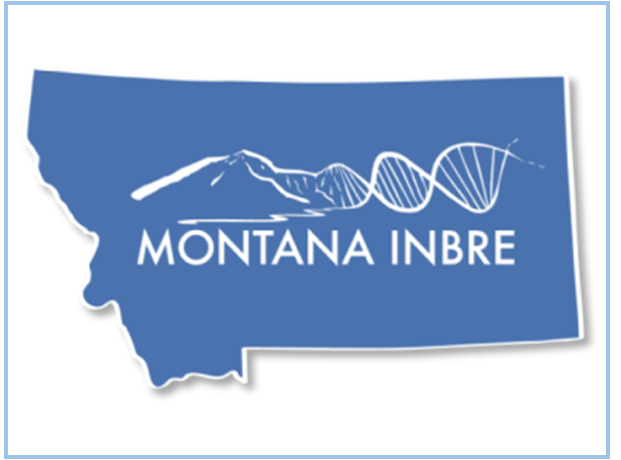
Montana INBRE is a statewide network of Ph.D.-granting institutions, baccalaureate schools and community and tribal colleges that invests in Montana’s biomedical research capacity and workforce pipeline.
Director: Brian Bothner
Montana Space Grant and NASA EPSCoR
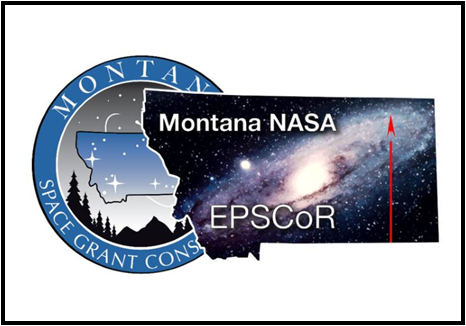
The goal of Montana Space Grant and NASA EPSCoR is to strengthen education and research in fields related to aerospace science and engineering. Space Grant provides STEM workforce development opportunities that are available to all Montana higher education students. NASA EPSCoR provides funding to develop long-term, self-sustaining, nationally competitive capabilities in NASA-related research.
Director: Meredith Hecker
NSF EPSCoR
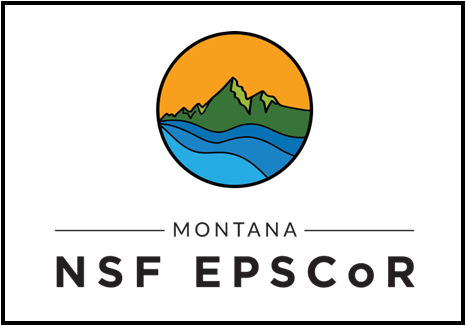
Montana NSF EPSCoR is focused on stimulating statewide sustainable improvements in Montana’s Research and Development capacity and competitiveness in the natural sciences, social sciences, and engineering disciplines.
Director:Angela Des Jardins
Western SARE (Sustainable Agriculture Research & Education)

SARE is a program of the U.S. Department of Agriculture's National Institute for Food and Agriculture that provides competitive grants and educational materials. SARE grants programs are conducted cooperatively by farmers, ranchers, researchers, and ag professionals to advance farm and ranch systems that are profitable, environmentally sound, and good for communities.
Director: Darrell Donahue
QCORE: Quantum Science and Technologies Research
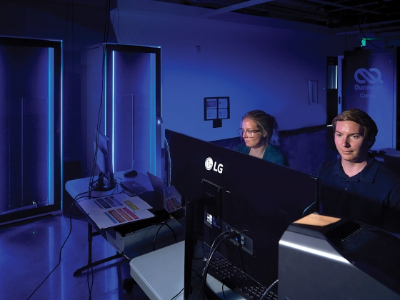
QCORE has undertaken an ambitious research agenda with a focus on quantum computing, quantum communications and quantum sensing. Success in these fields relies on principles established in quantum physics such as entanglement, superposition and coherence. Technology based on these principles of quantum physics can lead to computation with exponential speedup over classical techniques for certain problems, provably secure communication, and higher precision sensors.
Director: Jayne Morrow

